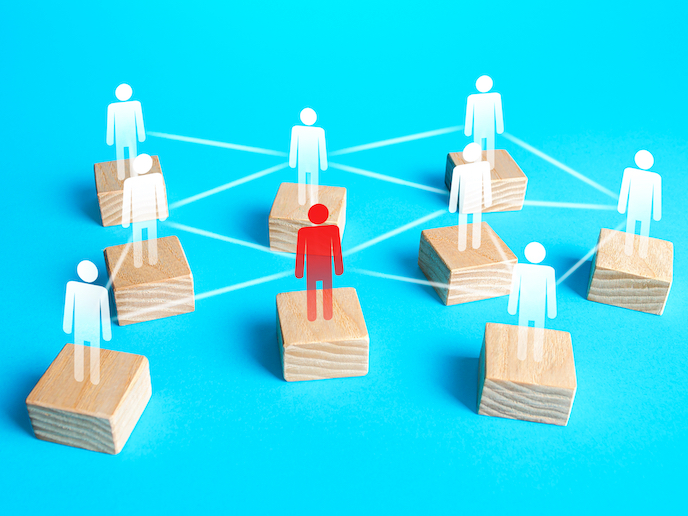Individual responsibility for systemic harms
Systemic harms are caused or perpetuated by a number of different agents, none of whom can control the outcome directly on their own. Common examples include climate change, sweatshop labour, and the under-representation of some groups within society’s positions of power. “Although no individual can be held responsible for these harms, what we do together, in aggregate, matters a great deal,” says Säde Hormio(opens in new window), a researcher at the University of Helsinki(opens in new window). “In fact, it can, for example, be the difference between stabilised emissions and climate chaos.” With this in mind, one has to ask, can individuals be held responsible for systemic harms? With the support of the EU-funded CIRICC project, Hormio set out to answer this question. Specifically, the Marie Skłodowska-Curie Actions(opens in new window) supported project looked to explain how and in what ways individuals can be held responsible for collectively caused systemic harms and when a collective should be held responsible. “Understanding how our individual actions can impact the collective is the first step to addressing today’s systemic harms,” adds Hormio.
Defining collective responsibility
To start, Hormio focused on defining collective responsibility. “Outside the legal realm, it is far from clear what we mean when we say an organised collective, such as a corporation, is responsible for something,” explains Hormio. Hormio argues that organised collectives, such as governments, universities and corporations, are difficult to view straightforwardly as moral agents. This is because collective agents lack the moral emotions needed to feel the pull of moral reasoning. Furthermore, their mechanistic decision-making processes cannot, by themselves, reflexively react to moral matters. That being said, Hormio notes that organised collectives can achieve moral reasoning through their members. “In many ways, individual acts and omissions cannot be separated from the collective processes they are a part of,” she says. “Furthermore, the moral positions taken by individual moral agents within their roles – and shaped by the collective ethos – give rise to the collective agent’s moral view on an issue.” Based on this philosophy, Hormio concludes that collective agents are, in fact, moral actors – able to maintain their own moral views and express collective positions. “As such, collective agents, as moral actors, can be held fully responsible for their acts and omissions,” she adds.
Motivating people to take action
What this all means is that individuals should not be viewed primarily as isolated voters or consumers. “Individual contributions to systemic harms can be so small that they make no relevant difference to collective outcomes, whether good or bad,” notes Hormio. “Yet individuals need to care to motivate systemic changes.” To illustrate, Hormio uses the example of climate change. “We do not emit greenhouse gases in a social vacuum,” she says. “Instead, we are members of various collectives – collectives that produce significant quantities of greenhouse gases that ultimately cause climate change.” According to Hormio, when we discuss what action individuals should take to combat social harms, our overlapping memberships in different organised collectives should take centre stage. “We should assess our role within organised collectives to see where we can make a difference by pushing the collective to adopt more carbon-neutral policies and procedures,” she concludes. “This is a framing that we must push for in political philosophy and public debate as it is essential to motivating people to take action.”







